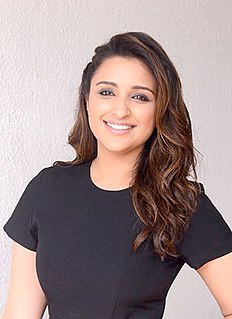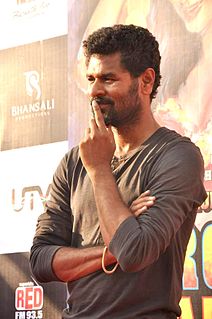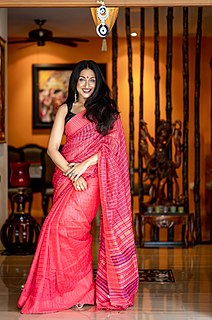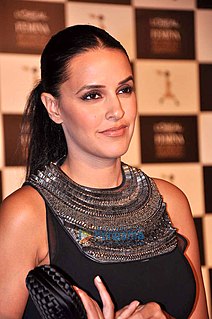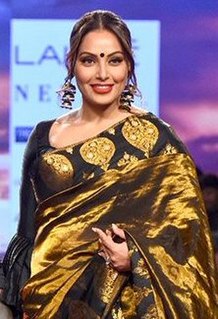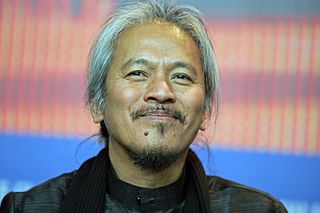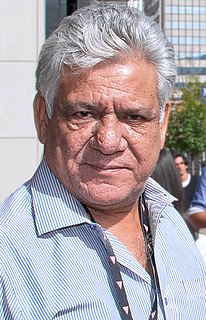A Quote by Saswata Chatterjee
'Damadol' is a dig at commercial cinema where I play the role of the blunt-headed producer who loves masala flicks and feels he knows everything about films.
Related Quotes
You are loved. You are dear to your heavenly parents. The infinite and eternal Creator of light and life knows you! He is mindful of you. Yes, God loves you this very day and alwaysHe knows everything about you. He sees you clearly—He knows you as you really are. And He loves you—today and always!He loves you not only for who you are this very day but also for the person of glory and light you have the potential and the desire to become
Films with female protagonists don't attract many eyeballs. Most of them are perceived as feminist films. If Bollywood starts giving women major roles in entertaining movies, then the audience, too, will open up to the idea of watching commercial films in which the actresses do more than just play the role of the hero's love interest.

